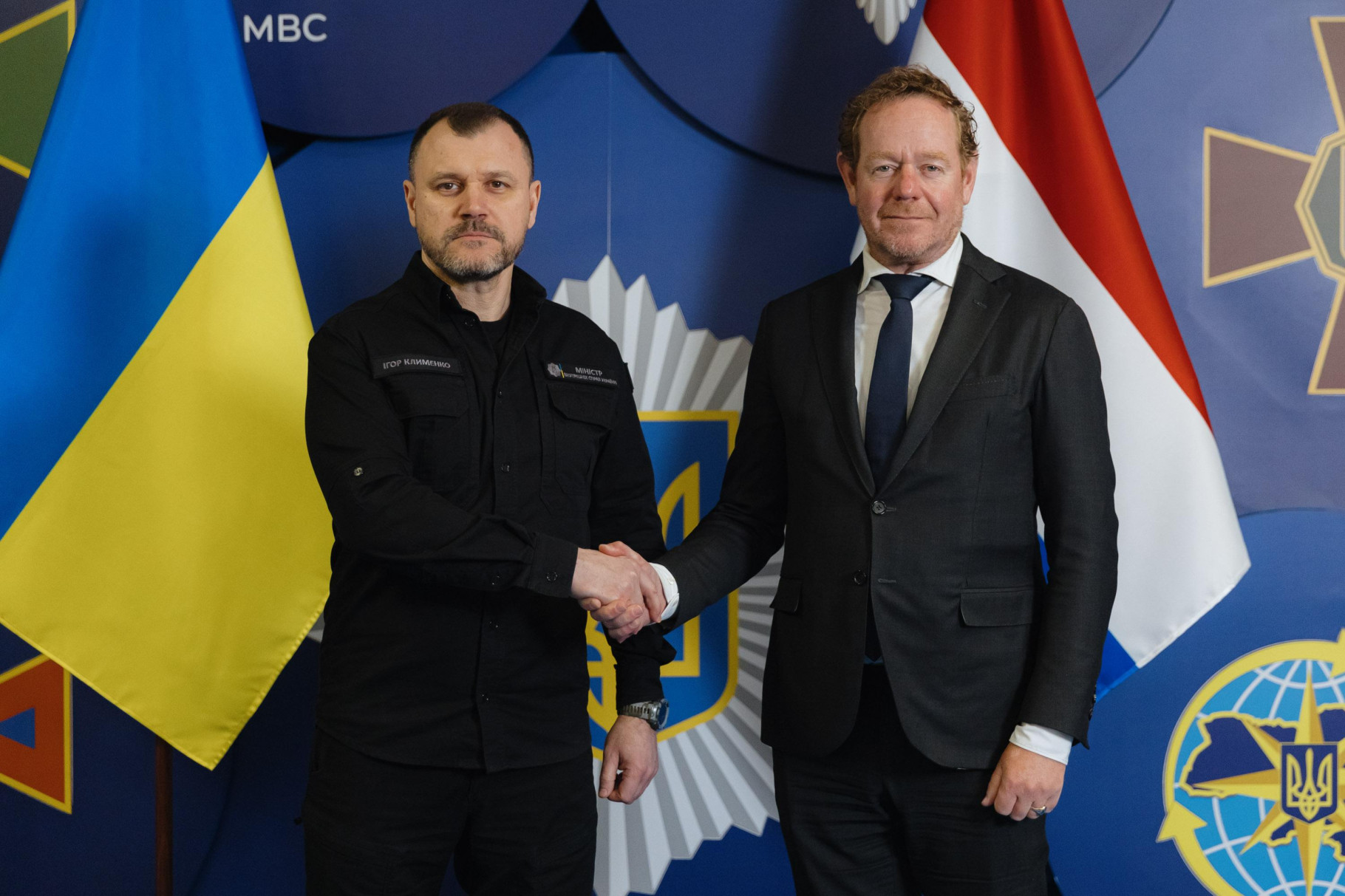How to improve the psychological state of a child during the war: expert advice

The war caused stress and additional psychological burden for millions of Ukrainians. The most vulnerable among them are children, because their psyche is very sensitive to any changes. The sounds of air alarms, explosions, shelling — all this leaves its negative imprint. And then it can cause the child to feel fear for life, physical and emotional stress, increased anxiety.
War, as studies have shown, has long-term effects on the psyche. Therefore, it is necessary to single out the factors that determine the degree of its impact on the child:
● sense of security or lack thereof (being in occupation, front-line cities); ● closure of basic needs (sleep, food, study, communication with adults and peers);
● family environment (loss of loved ones, separation or separation) travel); ● discrimination (whether there is a sense of belonging to society, the importance of identifying the child with others);
● photo/video fixation of violent acts (whether the child had access to information of such content).
What can be done to minimize the negative impact of war on the child's psyche? There are several recommendations that parents should pay attention to.
● For a child, parents are a support. Watching you, she “transfers” all your states and emotions to herself. Therefore, it is important to observe yourself, learn to overcome your negative emotional states and teach this to your child. ● Engage in activities together.
Making movements, playing together, cooking, watching cartoons, reading is what will bring positive emotions to the child. ● Do not discuss or watch the news near the child.
The information she hears/sees can be traumatic. ● Daily routine.
Every day life makes its own adjustments, but it is important to remember that sleep, eating, activity, learning should be an integral part of it. This gives an understanding of control over life and, accordingly, better well-being. ● Keep an eye on the condition of the child.
During the war, two conditions are distinguished in children: stupor or hyperactivity. Therefore, it is important to discuss the situation, emotional state, answer questions that interest the child (answers should be honest and appropriate to the child's age, so as not to injure her). ● Hug the child.
Body contact will help relieve tension and calm down. ● And last, talk about the future.
Together, fantasize, make plans, tune in a positive way.
According to the materials of the National Police of Ukraine






